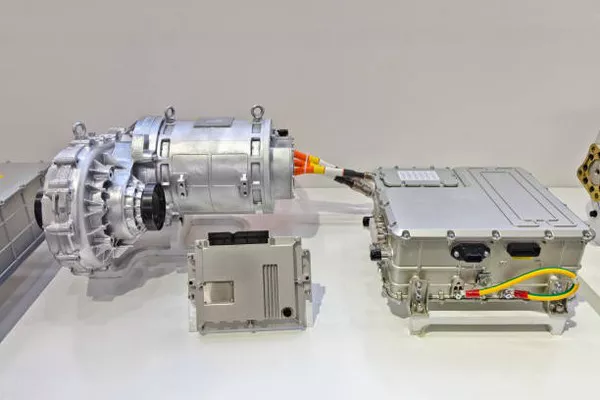The offshore wind industry is marking a major milestone with the first-ever heavy-duty maintenance completed on a floating wind turbine in the North Sea—an achievement that could transform the way the industry operates.
For the first time, a generator swap on a floating wind turbine was completed without towing the turbine back to shore. Traditionally, offshore turbines requiring repairs had to be towed miles back to land, often using significant amounts of fossil fuel energy. This new approach, however, eliminates that need, reducing the environmental impact of maintenance.
Earlier this year, Hywind Scotland, the world’s first floating wind farm, was towed to Norway for repairs and returned to service recently. However, Dutch firm LiftOff has developed a solution that could make such journeys obsolete. Using their innovative GenHook technology, LiftOff successfully completed the generator swap at the Kincardine Floating Wind Farm off Scotland’s east coast. The GenHook, a portable crane, can be transported to the turbine and installed on top of it. This allowed the team to lower the faulty generator onto a floater and lift a replacement into place—all done offshore.
This new technology is versatile and can be used for various other repairs as well, making it a potential game-changer for the industry.
José Polimón Olabarrieta, project manager at Dragados, the company that owns the wind farm, emphasized the broader implications of this breakthrough. “This solution for repairs has the potential to have positive sector-wide impact,” he said. With the floating offshore wind industry still in its early stages, Olabarrieta stressed the importance of sharing best practices and innovations like the GenHook technology with operators across the globe.
While clean energy production sometimes relies on “dirty energy” for support, the environmental benefits of offshore wind far outweigh these drawbacks. This new technology represents a step forward in reducing reliance on fossil fuels during the maintenance process.
“By pushing the boundaries of innovation and improving previous processes,” Olabarrieta added, “we have achieved a world-first solution that redefines the future for the renewables industry.”
You Might Be Interested In
Community Meeting in Forest Hills Addresses Backup Generator Failure, Flooding Concerns
KAIST’s Unpowered Medical Oxygen Generator Among Top 20 Finalists in Dyson Award
Verne Data Centres Adopt Neste’s Renewable Diesel for Backup Generators, Aiming to Slash Emissions

